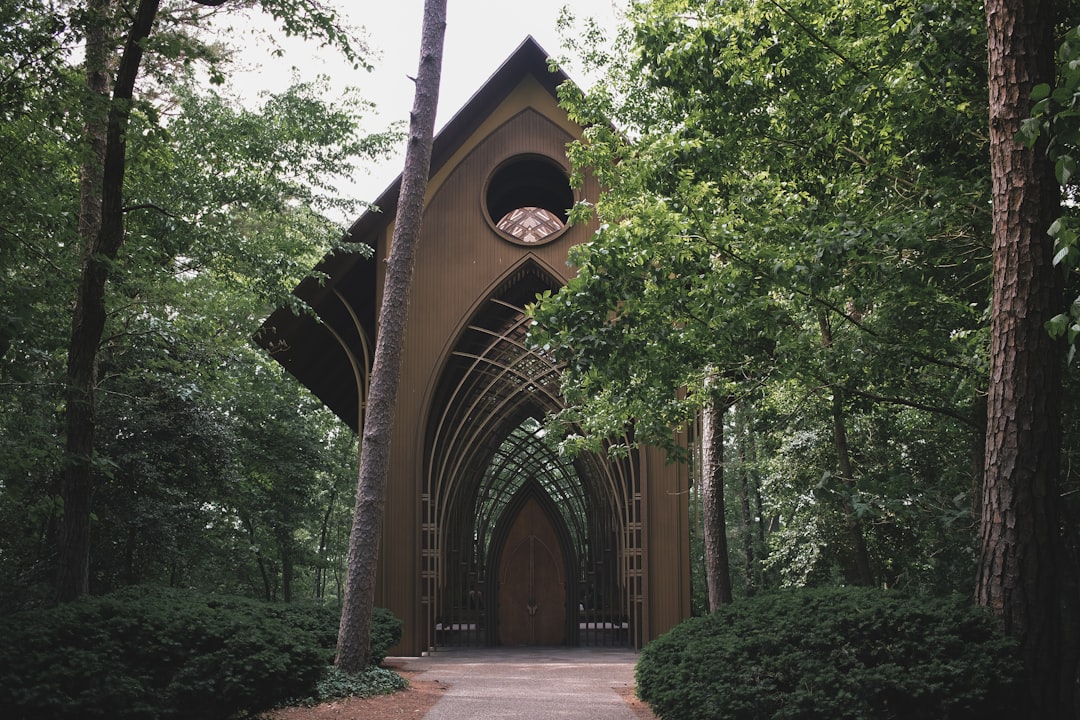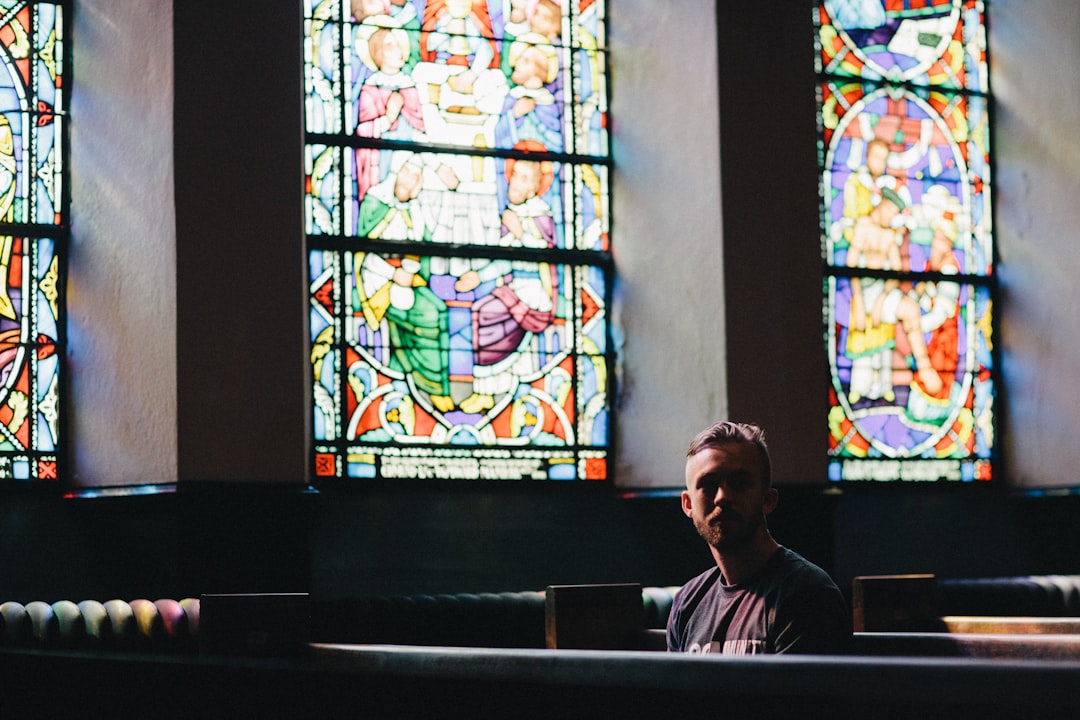In Arkansas, victims of clergy abuse face stringent legal deadlines and complex institutional dynamics. Prompt consultation with experienced clergy abuse attorneys is crucial to understand specific timeframes based on abuse type and local statutes, ensure rights protection, and secure timely compensation. Specialized attorneys navigate legal complexities, guide survivors through processes like filing civil lawsuits within specified time frames, and work towards holding perpetrators accountable to create safer environments.
In Arkansas, addressing clergy abuse is a critical matter with unique legal considerations. Understanding the state’s laws regarding claims against religious leaders is essential for survivors seeking justice. This article explores Arkansas’ legal landscape for holding clerics accountable, emphasizing the time-sensitive nature of filing actions. We delve into the crucial role of specialized clergy abuse attorneys in navigating these cases and highlight common challenges faced by survivors. Additionally, we provide resources to support those affected by clerical abuse.
Understanding Arkansas Laws on Clergy Abuse Claims

In Arkansas, clergy abuse claims are governed by specific legal deadlines and requirements. It’s crucial for victims to understand these laws to ensure their rights are protected. If an individual experiences sexual or physical abuse while under the care of a religious figure, they have the right to seek justice. The state allows for a certain period, often limited to a few years, within which claims can be filed. This timeline varies based on the type of abuse and local statutes.
Victims should promptly consult with experienced clergy abuse attorneys in Arkansas. These legal professionals can navigate the complexities of these cases, ensuring that all necessary steps are taken within the prescribed time frame. They play a pivotal role in helping victims secure justice and compensation for the trauma they have endured.
Time Sensitivity in Filing Legal Actions Against Clergies

When it comes to taking legal action against clergy for abuse, time is of the essence. In Arkansas, there are strict legal deadlines for filing such cases, which vary depending on the type of abuse and the circumstances surrounding it. These deadlines are in place to ensure fairness not only for the victims but also for the defendants, providing a structured process for resolving these sensitive matters.
The sensitivity of clergy abuse cases necessitates prompt action. Victims and their families often need support and time to heal before they can take legal steps. Therefore, it’s crucial to consult with experienced clergy abuse attorneys in Arkansas who can guide individuals through this process, ensuring that any legal actions are initiated within the required timeframe.
The Role of Clergy Abuse Attorneys in Arkansas

In Arkansas, clergy abuse attorneys play a pivotal role in advocating for survivors of sexual misconduct within religious institutions. These specialized legal professionals are equipped to navigate the unique complexities surrounding clergy abuse cases, ensuring that victims receive the justice and support they deserve. They guide clients through the intricate legal processes, helping them understand their rights and options under Arkansas law.
Clergy abuse attorneys in Arkansas have extensive knowledge of the state’s statutes of limitations and procedural rules related to these sensitive matters. They help survivors take action by timely filing lawsuits against responsible parties, often including religious organizations, clergy members, or other individuals who facilitated or overlooked the abuse. Through their expertise, these attorneys foster a safer environment by holding perpetrators accountable and contributing to the prevention of future harm.
Common Challenges in Pursuing Clergy Abuse Cases

Many victims of clergy abuse face significant challenges when considering legal action, especially in Arkansas. One of the primary hurdles is the statute of limitations—the legal deadline for filing lawsuits. These deadlines are designed to prevent the pursuit of outdated claims but can be complex and stringent, particularly in cases involving sensitive and often hidden crimes. The time frames vary based on the type of abuse and when it was discovered, which can make it difficult for survivors to understand their options.
Additionally, clergy abuse cases often involve complex dynamics and institutional secrets that can hinder legal proceedings. Victims may struggle with feelings of shame, fear, or loyalty towards their former religious communities, making them reluctant to come forward. The involvement of religious organizations and the potential for social stigma further complicates matters, emphasizing the need for specialized clergy abuse attorneys in Arkansas who understand these nuances and can guide survivors through the legal process with sensitivity and expertise.
Support and Resources for Survivors of Clerical Abuse in Arkansas
Surviving clerical abuse can be a challenging and emotionally taxing experience, but there are resources available to help. In Arkansas, survivors can find support through various organizations dedicated to assisting those who have experienced sexual or physical abuse within religious institutions. These groups offer confidential counseling, legal advocacy, and a safe space for sharing stories.
For legal assistance, survivors can consult with reputable clergy abuse attorneys in Arkansas. These specialists understand the unique challenges faced by victims of clerical abuse and can guide them through complex legal processes, including filing civil lawsuits within the state’s designated time frames. They provide expert advice, ensuring survivors’ rights are protected and that they receive the justice they deserve.





